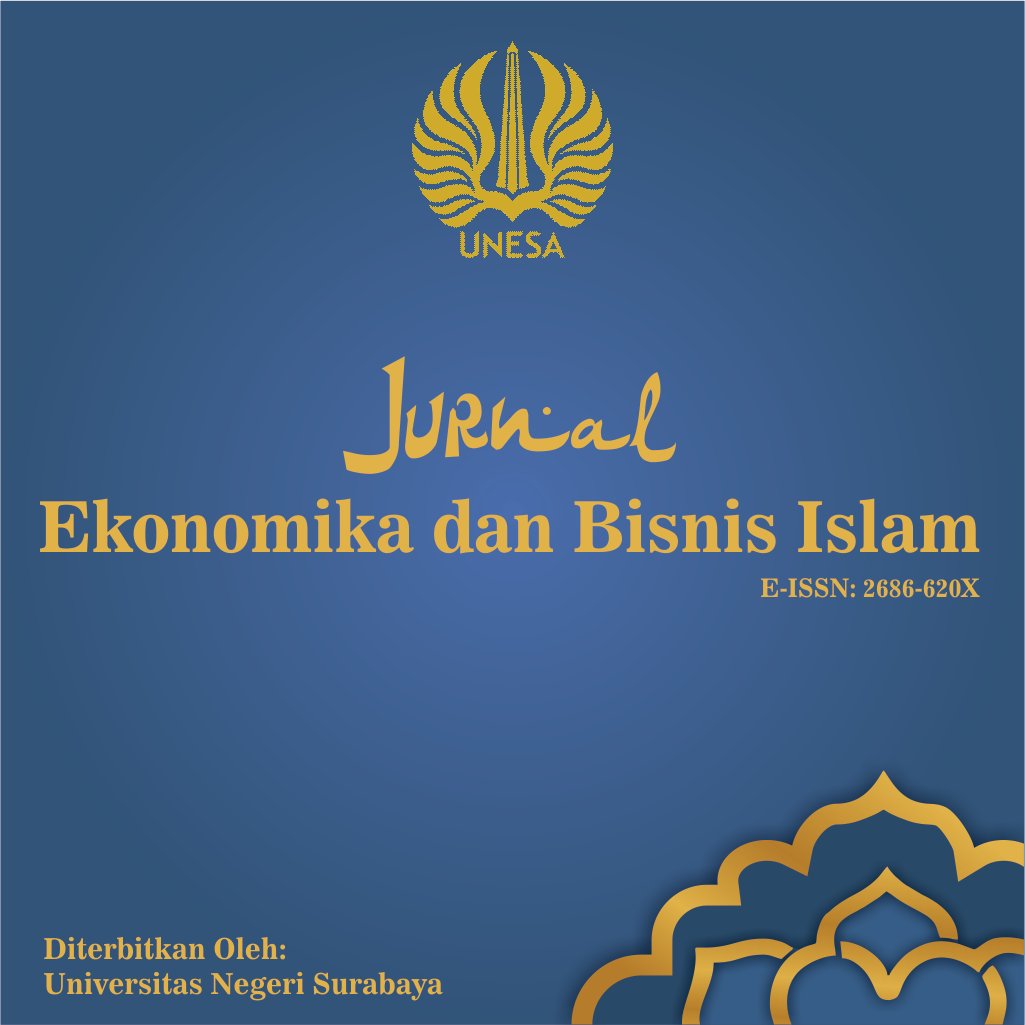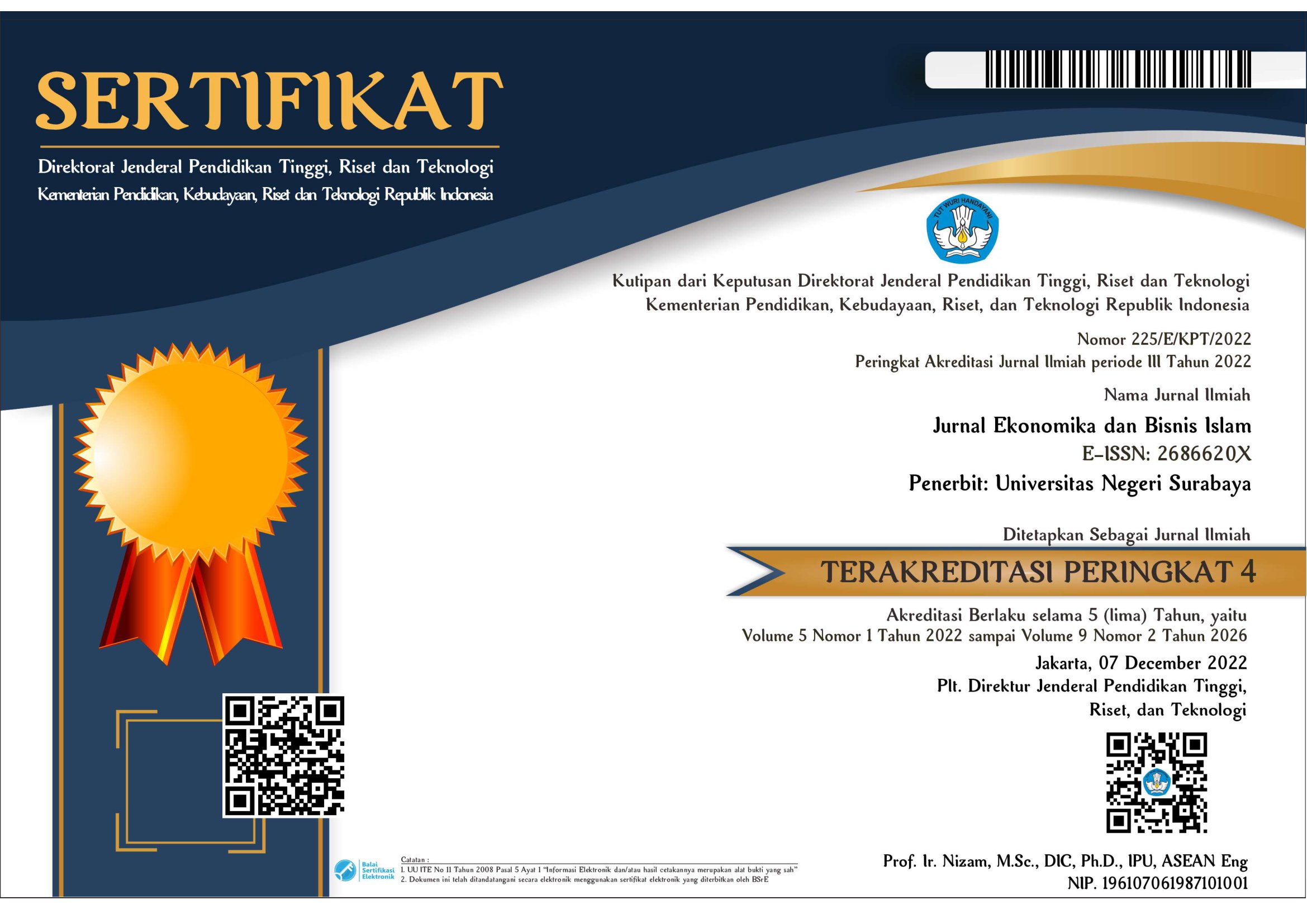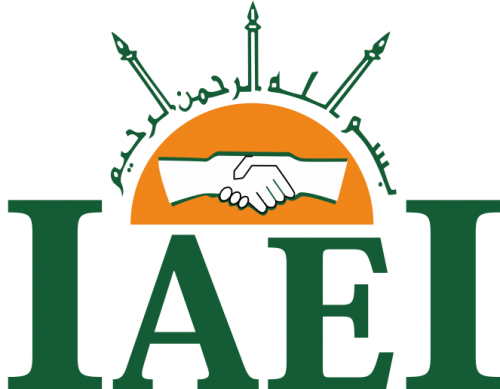Muslim Friendly Index Pusat Perbelanjaan di Surabaya
DOI:
https://doi.org/10.26740/jekobi.v6n2.p38-48Keywords:
Halal Tourism, Muslim-friendly Index, Shopping Malls, Faith-Based Services. ACES ModelAbstract
Shopping malls play a significant role as halal tourism destinations, necessitating their adherence to criteria that cater to Muslim tourists. To address this need, Crescent Rating has developed an indicator specifically for Muslim-friendly tourist destinations. Surabaya, Indonesia's second-largest city, boasts numerous shopping malls that hold potential as halal tourism sites. This research aims to gauge the Muslim-friendly index in Surabaya's shopping malls and compare it based on the malls' building area and the percentage of the Muslim population in their respective locations. The Muslim-friendly index relies on various indicators, including the faith-based service needs of Muslim travelers and a modified version of the Access, Communications, Environment, Services (ACES) model provided by Crescent Rating. For the sample is purposively selected shopping malls in Surabaya. Data was collected through surveys, observations, and the analysis of social media content pertaining to these malls. Descriptive statistical analysis and the Mann-Whitney statistical test were employed to analyze the gathered data. The research findings indicate that Surabaya's shopping malls possess a moderate Muslim-friendly index. Furthermore, there is no discernible variation in the Muslim-friendly index across the malls, whether based on their building area or the percentage of the Muslim population in their vicinity.
References
Afandi, F., & Jamaludin, S. A. (2019). Exploring Halal Tourism: Understanding Muslim Tourist Behaviour. Journal of Islamic Marketing, 4(2).
Beddington, N. (1982). Design for Shopping Center. Mc. Graw-Hill Book Company.
Carpenter, M. A., Sanders, W. G., & Sanders, W. G. (2009). Strategic management: a dynamic perspective: concepts and cases. Pearson/Prentice Hall.
Chiara, J. (1990). Time Saver Standard: Building System & Material. New York: McGraw Hill.
Falk, P., & Campbell, C. (1997). The shopping experience (Vol. 52). Sage.
Hussain, I., & Marzuki, A. (2017). The Halal Tourism Industry: Structure, Opportunities and Challenges. Journal of Tourism and Cultural Change, 12(1).
Kotler, P., & Keller, K. L. (2009). Manajemen Pemasaran (13th ed., Vol. 1). Erlangga.
Maitland, B. (1985). Shopping malls: planning and design. Nichols Publishing Company.
Saffinee, S. S., Jamaludin, M. A., Hashim, K. S. H.-Y., Ramli, M. A., & Al-Baarri, A. N. (2019). Study on Muslim-Friendly Ecotourism (MFET) In Karimunjawa Islands. Journal of Halal Industry & Services, 2(1).
Timothy, D. J. (2005). Shopping tourism, retailing and leisure (Vol. 23). Channel View Publications.
URUFI, Z. (2021). Analisis Pemenuhan Kriteria Wisata Belanja Ramah Muslim pada Pusat Perbelanjaan (Mall) di BIP dan TSM Kota Bandung Berdasarkan Faith-Based Service Needs. FTSP.
Yoeti, O. A. (2003). Tours and travel Marketing. Jakarta: Pradnya Paramita
Downloads
Published
How to Cite
Issue
Section
License
Copyright (c) 2023 Noven Suprayogi, Redy Barlian Gani

This work is licensed under a Creative Commons Attribution 4.0 International License.
This work is licensed under a Creative Commons Attribution 4.0 International License.
 Abstract views: 209
,
Abstract views: 209
, PDF Downloads: 395
PDF Downloads: 395














